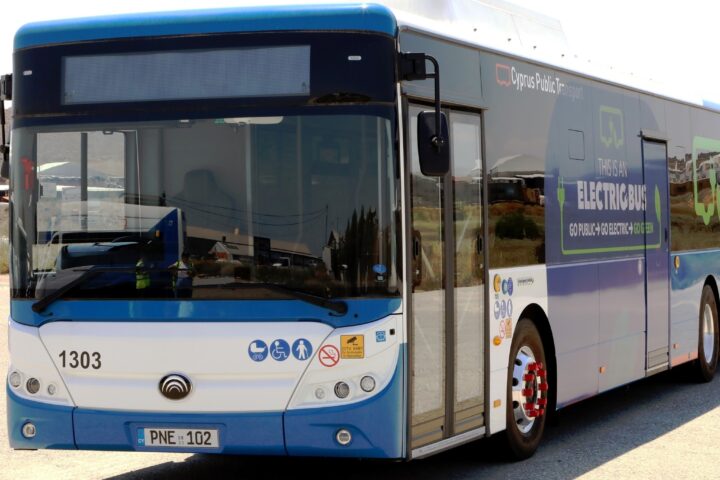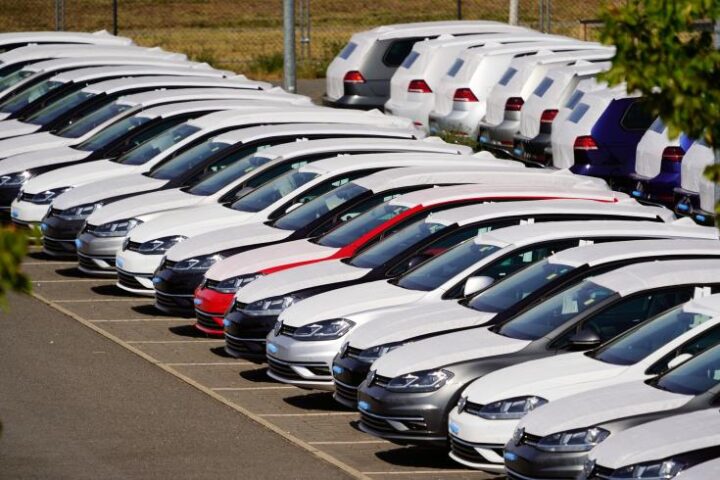Sales of new cars have slowed on the island and the European Union, as the industry is having trouble delivering to customers due to supply chain shocks.
Buyers are unwilling to place orders for vehicles with no firm idea of delivery dates, while the cost-of-living crisis has compounded the problem.
According to the data published Friday by the Statistical Service (CyStat), 1,024 new vehicles were registered in Cyprus last month, marking a decrease of 6.5% from 1,095 the previous year.
However small the decrease may look, local car dealers are worried as a trend is building up.
June car sales in the EU were the lowest recorded for the year, according to the European Automobile Industry Association (ACEA).
According to ACEA, EU sales for June were down 15.4% from the previous month, with total registrations limited to 886,510.
In June 2021, sales in the EU reached 1.048 million.
Sales in the EU decreased by 14% during the first half of 2022, compared to 2021, when around 4.6 million vehicles were sold.
The four biggest European markets recorded big “losses”, with sales in Italy down by 22.7%, France by 16.3%, Germany by 11%, and Spain by 10.7%.
The Cyprus Association of Car Importers attributes the drop in sales to a delivery problem on the part of manufacturers, which is putting people off from buying a new car.
In comments to news site Stockwatch, Honda Cyprus sales manager Christos Polykarpou said that demand is there, but deliveries take too long.
Polykarpou said that importers could not estimate when the market would return to normal, as vehicle manufacturers are currently regrouping and redesigning their business plans.
“People want to buy new cars; some even give down payments, waiting months for their new car to arrive.”
According to the latest survey by EY on the mobility consumer index, 45% of Europeans plan to buy a car in the next 24 months.
As the survey notes, the main reason people want to buy their own vehicle seems to be an aversion towards public transport built up during the COVID pandemic.
Over half (52%) of the people asked wanted to buy an electric vehicle.










